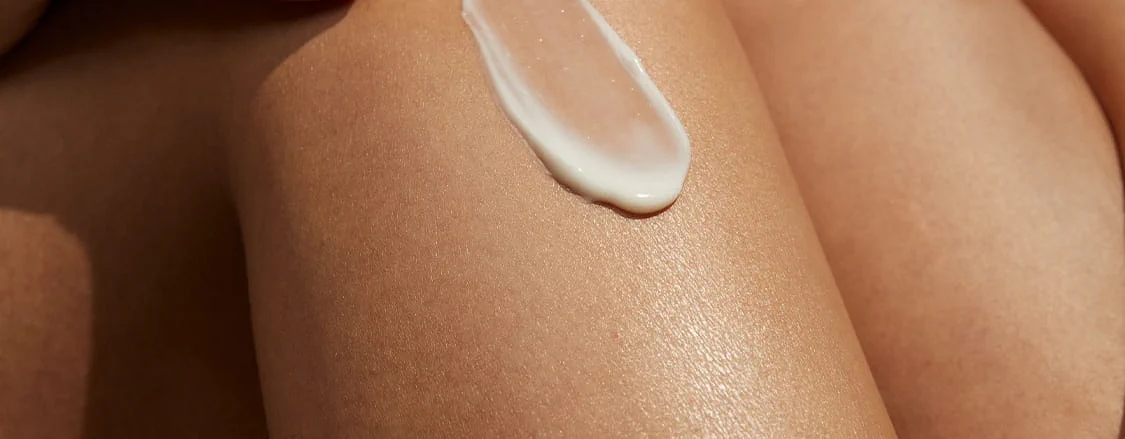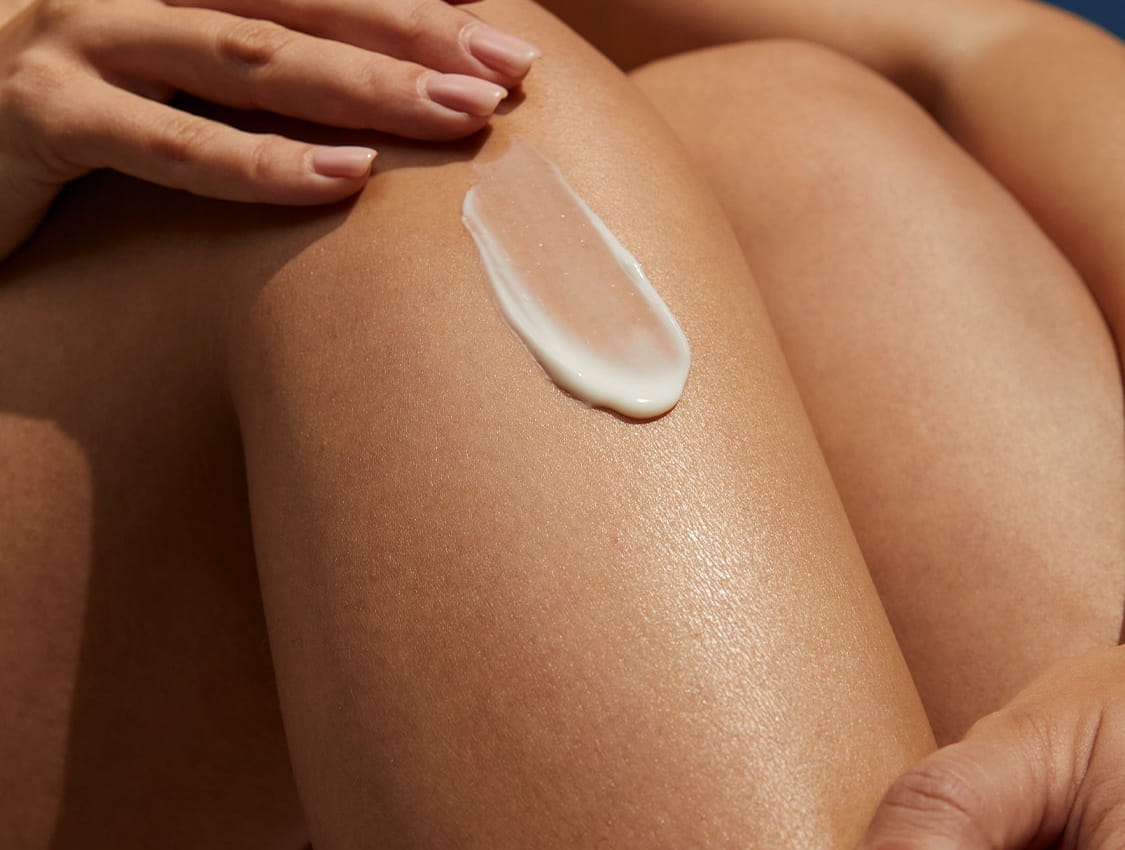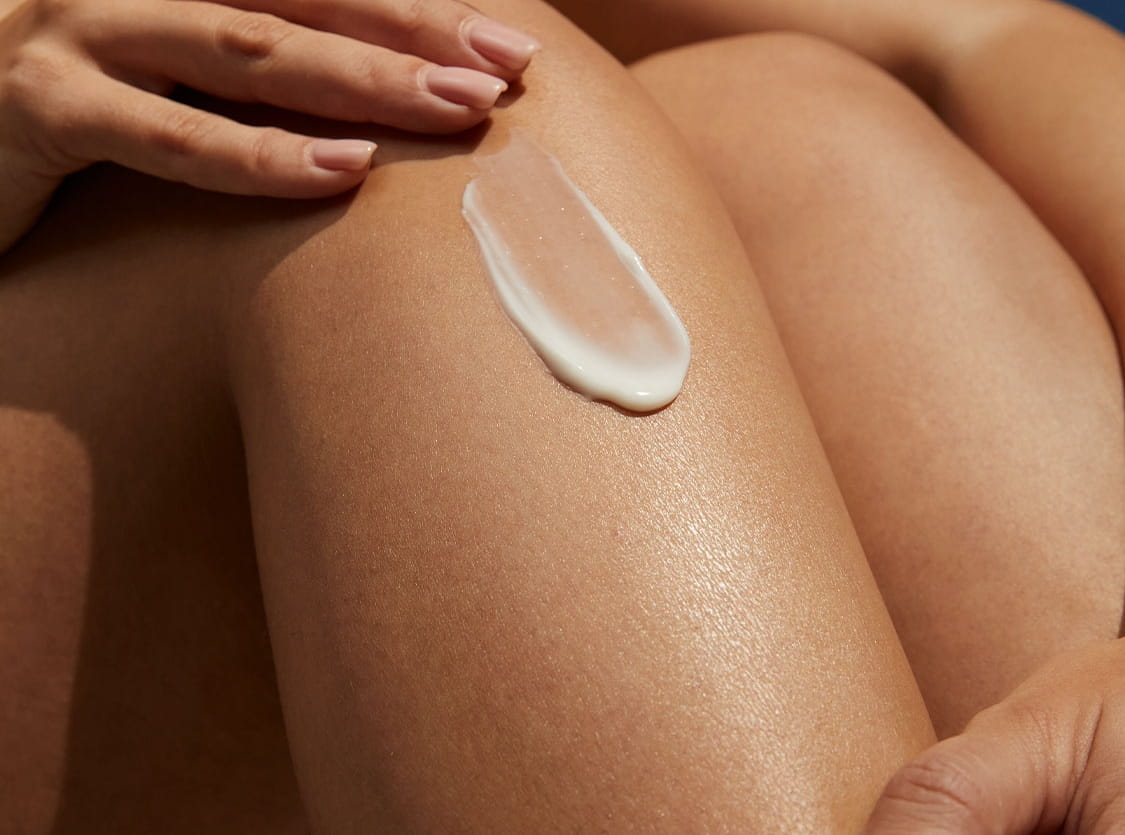
Clogged pores
Find out how to prevent clogged pores with NIVEA
HOW TO GET RID OF CLOGGED PORES
Find yourself analysing your skin and wondering what all those little dots are? Avoid squeezing and picking at your face. This article has everything you need to make you an expert in clogged pores. By the end, you’ll know what they are, how to prevent them, and how to get rid of clogged pores.
WHAT CAUSES CLOGGED PORES?
4 THINGS THAT CAUSE CLOGGED PORES
Ultimately, pores get clogged by dead skin cells, dirt, and oil. These can be impacted by:
1. Overly dry skin
2. Comedogenic products, like cleansers, lotions or cosmetics
3. Medications can sometimes impact the amount of oil your sebaceous glands produce
4. Fluctuations in hormones, genetics, and growing older can impact how much oil your skin produces
1. Overly dry skin
2. Comedogenic products, like cleansers, lotions or cosmetics
3. Medications can sometimes impact the amount of oil your sebaceous glands produce
4. Fluctuations in hormones, genetics, and growing older can impact how much oil your skin produces
WHAT PORES GET CLOGGED?
WHAT PORES GET CLOGGED?
CLOGGED PORES ON YOUR FACE – ESPECIALLY CLOGGED PORES ON THE NOSE
CLOGGED PORES ON YOUR BODY
WHY SHOULD YOU CARE ABOUT CLOGGED PORES?
Sometimes, clogged pores won’t cause any sort of issue. But if a clogged pore or a collection of clogged pores becomes inflamed, it can lead to uncomfortable bouts of acne. It’s a good idea to treat them, care for them, and keep them as clean as possible so you can avoid all that.
WHY SHOULD YOU CARE ABOUT CLOGGED PORES?
HOW TO GET RID OF CLOGGED PORES
Clogged pores can be irritating, but the first thing to remember is to never squeeze or pick them. This only irritates, adds more bacteria to the area, and has the potential to increase breakouts.
Remember, you won’t remove all of the dirt in your pores, but the following solutions will help you minimise the buildup of sebum and dirt, leaving you with refreshing, glowing skin.
Remember, you won’t remove all of the dirt in your pores, but the following solutions will help you minimise the buildup of sebum and dirt, leaving you with refreshing, glowing skin.


